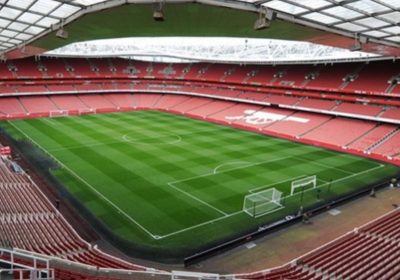
The Impact of Building Places of Worship in Underserved Areas
Places of worship hold a unique position in communities worldwide, serving not only as spiritual sanctuaries but also as hubs for social support, education, and community development. In underserved areas, the construction of such spaces often brings transformative benefits, addressing both spiritual and practical needs.
- Strengthening Community Bonds
A place of worship serves as a unifying space where people come together to practice their faith, celebrate traditions, and support each other. In underserved areas, where community ties may be weakened by poverty or migration, a new place of worship fosters a sense of belonging. It becomes a space where diverse people can share values, strengthen social networks, and find solace during challenging times.
- Providing Educational Opportunities
Many places of worship in underserved areas double as educational centers, offering classes in literacy, religious studies, and life skills. For example, a mosque might provide free Quranic education for children or adult literacy programs. By addressing the educational gap, these facilities empower people with knowledge that can improve their personal and professional lives.
- Encouraging Social Welfare Activities
Places of worship often act as distribution points for essential resources such as food, clothing, and medical care. In underserved areas, this function is vital. A newly built place of worship might host food banks, health clinics, or charity drives, directly improving the lives of local residents. Such initiatives exemplify the spirit of giving that’s central to many religious teachings.
- Fostering Interfaith and Cultural Understanding
In regions with diverse populations, places of worship often play a key role in promoting interfaith dialogue and cultural exchange. By fostering understanding and respect among different communities, they contribute to social harmony and reduce tensions that can arise from misunderstandings or prejudices.
- Spiritual Growth and Emotional Support
The spiritual guidance provided by places of worship is particularly significant in underserved areas, where people may face economic hardships, displacement, or lack of access to mental health services. Regular worship and communal prayers offer emotional solace, promoting resilience and hope among community members.
- A Beacon of Hope: Building for the Future
Constructing a place of worship in an underserved area isn’t merely a symbolic act—it’s a long-term investment in the community. A mosque, for instance, can serve generations, becoming a cornerstone for spiritual growth, education, and social development. Supporting initiatives such as a build a mosque charity can help to ensure that underserved communities have access to these essential benefits, creating spaces of peace and progress.
- Economic Benefits to the Local Community
The construction of places of worship often stimulates local economies. The process creates jobs for builders, artisans, and suppliers, while the completed facility generates ongoing opportunities through maintenance, events, and community programs. This infusion of economic activity provides additional support to underserved areas, helping to reduce unemployment and boost local businesses.
- Preserving Cultural and Religious Heritage
In many underserved regions, cultural and religious practices risk being diminished due to migration, urbanization, or lack of infrastructure. Building places of worship ensures that communities can preserve their heritage, passing down traditions and values to future generations.
A Lasting Impact
The construction of places of worship in underserved areas has far-reaching effects, transforming lives spiritually, socially, and economically. These sacred spaces become much more than physical structures; they symbolize hope, unity, and progress. Supporting efforts like a build a mosque charity not only fulfills a spiritual obligation but also strengthens communities, creating a ripple effect of positive change for years to come.






